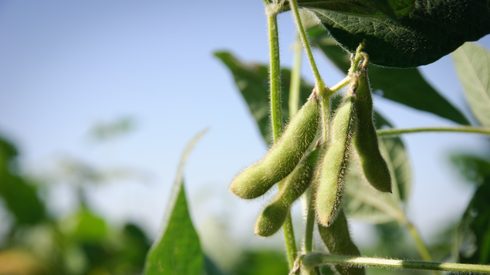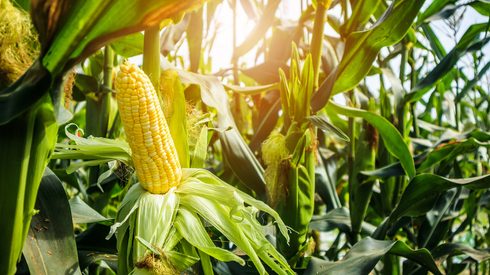Ukrainian exports of oilseeds and their derivatives reported a year-over-year increase in the 2022-23 marketing year, despite the fact that the end of the year was marked by a series of logistical disruptions that threatened to undermine the country’s position as a major global supplier.
From September 2022 to August 2023, Ukraine exported 5.6 million tonnes of sunflower oil, which is 25% more than in the previous season, the Ukroliyaprom Association for Extraction and Processing of Fat and Oil Products reported.
The Black Sea grain corridor worked most of the marketing year, but exports by land were also prominent last season and accounted for about 23% of total exports, and in recent months the focus of exporters has shifted to the ports of the Danube.
Sunflower oil exports
According to the European Commission, Ukraine increased its share in total imports of sunflower oil by EU countries in September-August of the 2022-23 season to approximately 89% against 82% last season.
At the same time, the distribution of export volumes of sunflower oil between the main buyers changed, with the EU countries now being the main buyers.
Turkey more than tripled its purchases of Ukrainian sunflower oil to 1.1 million tonnes in the 2022-23 season, increasing its share to 19.2%, Ukroilprom data shows.
China’s sunflower oil purchases in the reporting season increased by 80% to 636,800 tonnes, while China’s share in Ukrainian sunflower oil exports increased to 11.3% versus 7.9% in the 2021-22 season.
At the same time, exports to India fell by 41% to 612,700 tonnes, while India’s share of Ukrainian sunflower oil exports fell by more than half to 11%.
Sunflower oil exports peaked in March 2023 and flows remained strong in subsequent months, despite significant sunflower seed exports in the first half of the marketing year as farmers prioritized export sales due to more competitive price levels.
Ukrainian processors were not always able to offer a competitive price due to uncertainty, for example, when processing capacity was idle due to power outages throughout the country and demand and prices for sunflower oil were unstable.
The outbreak of war in Ukraine and the blockage of ports meant sunflower was aggressively sold for export and the main buyers of Ukrainian raw materials were EU countries, while demand for sunflower from local European farmers fell sharply, leading to dissatisfaction and protests.
In April, the five EU countries bordering on Ukraine imposed a temporary ban on the import of grain, oilseeds and other agricultural products from Ukraine.
Sunflower seeds and meal exports
Exports of sunflower seeds since the beginning of the new marketing year amounted to 1.85 million tonnes, or 14% more than last year, while the bulk (1.7 million tonnes) was exported before the ban was introduced.
The share of meal and cake in Ukrainian exports increased by 27% year on year to 4.2 million tonnes.
The three main buyers of Ukrainian sunflower meal and cake remained unchanged: China, the EU and Turkey, with a slight adjustment in export volumes.
China bought 1.72 million tonnes of Ukrainian sunflower in the 2022-23 season, which is 15% higher than last year.
Turkey reduced purchases of Ukrainian sunflower meal by 66% to 188,000 tonnes while the EU share remained virtually unchanged at 34-37% of the total volume.
Egypt meanwhile doubled its purchases of sunflower meal in the 2022-23 season to 105,000 tonnes.
Finally, soybean exports more than doubled year on year to 3.1 million tonnes.
View our veg oils and meals prices.







